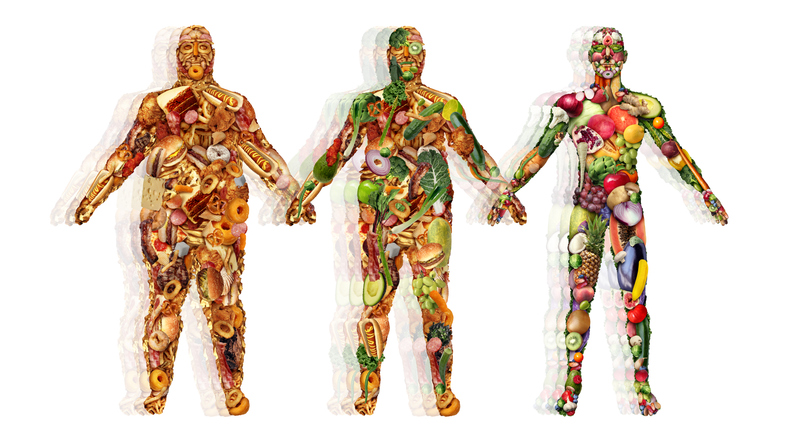In a society where convenience often dictates our dietary choices, it’s crucial to understand the hidden risks lurking in the foods we consume daily. A new, unpublished study involving over 500,000 participants has revealed alarming data: high consumption of ultraprocessed foods could shorten lifespans by more than 10%, with men facing up to a 15% higher risk and women 14%.
The Study’s Findings
The study, conducted by the National Cancer Institute in Bethesda, Maryland, tracked participants for nearly three decades. The results highlighted a stark connection between ultraprocessed food intake and an increased risk of death, particularly from cardiovascular disease and type 2 diabetes. Surprisingly, the study found no significant rise in cancer-related deaths among high consumers of ultraprocessed foods.
What Are Ultraprocessed Foods?
Ultraprocessed foods are industrial formulations typically containing five or more ingredients. These foods often include substances not commonly found in home kitchens, such as artificial colorings, emulsifiers, preservatives, and sweeteners. Examples include diet soft drinks, sugary beverages, processed meats, and refined grain products like baked goods.
The Impact on Health
The NOVA food classification system, created by Brazilian nutrition expert Carlos Monteiro, categorizes foods based on their level of processing. According to NOVA, ultraprocessed foods are linked to numerous health issues. Diet soft drinks, for instance, are associated with a higher risk of cardiovascular disease, dementia, type 2 diabetes, obesity, stroke, and metabolic syndrome.
Processed meats, another major category of ultraprocessed foods, include items like bacon, sausages, hot dogs, and deli meats. These foods have been linked to bowel and stomach cancers, heart disease, and diabetes, contributing to early mortality.
Shifting Dietary Patterns
Data from the study indicated that those who consumed the most ultraprocessed foods were generally younger, heavier, and had poorer overall diets compared to those who consumed less. However, the increased health risks were apparent even among individuals with normal weight and better dietary habits, underscoring the inherent dangers of these foods.
The Growing Consumption of Ultraprocessed Foods
The consumption of ultraprocessed foods has skyrocketed since the mid-1990s. Estimates suggest that nearly 60% of the average American’s daily calories now come from ultraprocessed foods. This trend is reflected in the grocery aisles, where up to 70% of products may be ultraprocessed.
Making Healthier Choices
Given these findings, it’s more important than ever to focus on dietary choices that prioritize whole, minimally processed foods. Here are some practical tips to help you reduce ultraprocessed food intake:
- Shop the Exterior Areas of Grocery Stores: The vegetables and fruits, proteins and dairy are generally found on the walls of grocery stores while the processed and ultraprocessed foods are generally found on the interior aisles.
- Read Nutrition Labels: Check for high levels of sodium, added sugars, and unfamiliar ingredients.
- Choose Whole Foods: Opt for fresh fruits, vegetables, whole grains, and lean proteins.
- Cook at Home: Preparing meals from scratch allows you to control the ingredients and avoid unwanted additives.
- Limit Sugary and Diet Beverages: Replace these with water, herbal teas, or natural fruit juices.
- Be Mindful of Snacks: Swap packaged snacks for healthier options like nuts, seeds, and fresh fruit.
- Adopt the Mediterranean Diet: The Mediterranean diet has been linked with better health for decades, has been studied repeatedly and has particular benefits for women.
Understanding the risks associated with ultraprocessed foods is the first step towards making healthier dietary choices. By reducing our intake of these foods and focusing on whole, minimally processed options, we can significantly improve our health and longevity. Remember, small changes in your diet can substantially benefit your overall well-being.






Add Your Voice
0 Comments
Join the Discussion